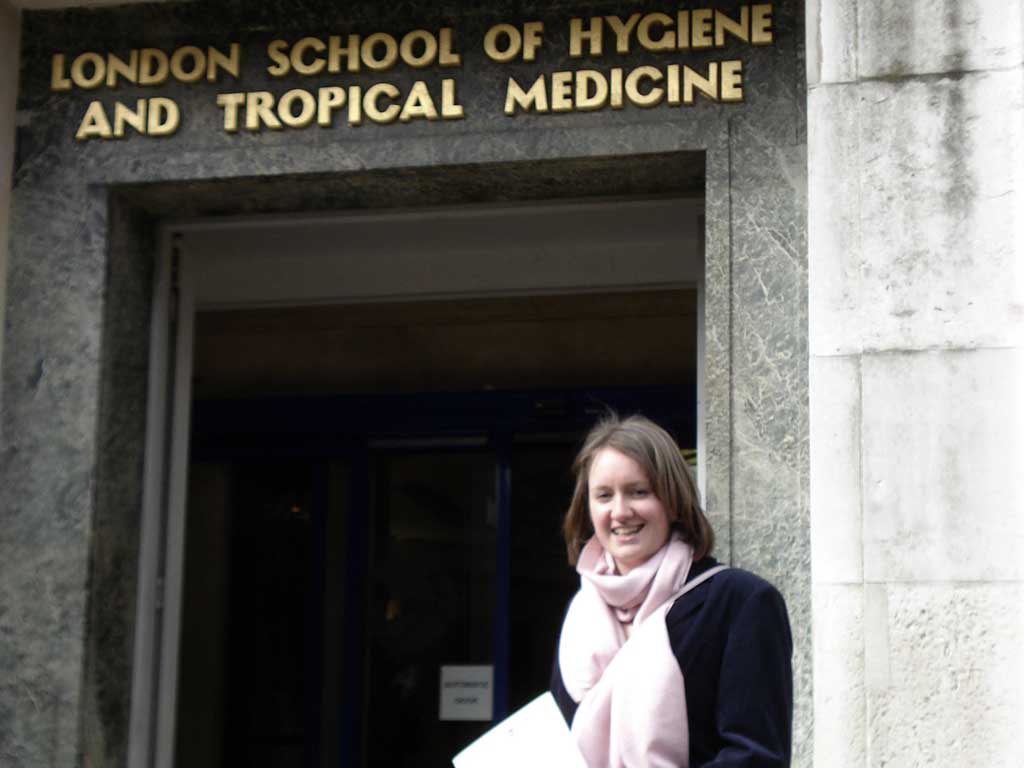Martin Bentham: Helen is quiet and shy – but focused on helping needy children

Your support helps us to tell the story
From reproductive rights to climate change to Big Tech, The Independent is on the ground when the story is developing. Whether it's investigating the financials of Elon Musk's pro-Trump PAC or producing our latest documentary, 'The A Word', which shines a light on the American women fighting for reproductive rights, we know how important it is to parse out the facts from the messaging.
At such a critical moment in US history, we need reporters on the ground. Your donation allows us to keep sending journalists to speak to both sides of the story.
The Independent is trusted by Americans across the entire political spectrum. And unlike many other quality news outlets, we choose not to lock Americans out of our reporting and analysis with paywalls. We believe quality journalism should be available to everyone, paid for by those who can afford it.
Your support makes all the difference.When I first met Helen Johnston in Badakhshan last November, I wondered how someone so quiet and shy came to be working in such a challenging place. But as she described the skeletal infants, the frail teenage mothers and the scale of the problems she'd seen, the reason became obvious: she'd seen too many people dying and suffering unnecessarily and wanted to help prevent it.
She was reticent: she blushed when I took a picture of her, but she had a focus, level-headedness and maturity beyond her years. I was hugely impressed.
Helen, now 28, believed the work Medair was doing, treating thousands of malnourished children in the area, was crucial. "It can be frustrating and hard, but there is no doubt that there is a fundamental need for us to be here. Too many children are suffering for us not to be," she told me.
The north-east of Afghanistan is remote: people travel on donkeys or on foot, there are few proper roads. The main street in the village where Helen and her colleagues were based was little more than a muddy swamp. It can take hours to get over the mountains to neighbouring villages. It is not a Taliban area but is deeply conservative. Helen and Nadine Eriksson, a nurse, covered their heads with scarves and could go outside their village only with a male escort. The conditions were arduous. The Medair team lived in a basic house, with mats for beds and an outside toilet next to a stable. Meals consisted of naan bread, soup and simple curries. It was not the life of the average girl in her twenties.
The team was aware of security risks and that, as a consequence of the West pulling out, there were power struggles in Badakhshan, making it more insecure than previously.
Helen was clearly affected by the work she was doing. "Some of things I have seen I have had a very emotional reaction to," she said. "The children come to the clinic draped in clothes, looking quite big, but then you roll up their sleeve to measure them and you see their tiny little frames. They look other-worldly. There was one little boy and I just thought 'what is going to become of you?'. He wasn't going to have the physical or mental capacity to move beyond a life of sheer survival at best."
A nutritionist, Helen had studied at the London School of Hygiene and Tropical Medicine and lived in Stoke Newington, north London, before travelling to Afghanistan last April. It has some of the highest rates of malnutrition in the world, partly because of ignorance caused by a lack of basic education in the region. "The international emergency level is a 15 per cent malnutrition rate, but here it is 30 per cent for under-fives, and for the under-ones it's 60 per cent," she told me. "Badakhshan's infant mortality rate is about 60 per cent higher than Afghanistan's overall rate, which itself is the second highest in the world after Chad."
Now that Helen is free, I'm sure that her thoughts will be back with the children and young mothers she was working to save. A renewed focus on their plight would be the best ending of all to today's heroic rescue.
Martin Bentham is home affairs editor of 'The Evening Standard'
Join our commenting forum
Join thought-provoking conversations, follow other Independent readers and see their replies
Comments